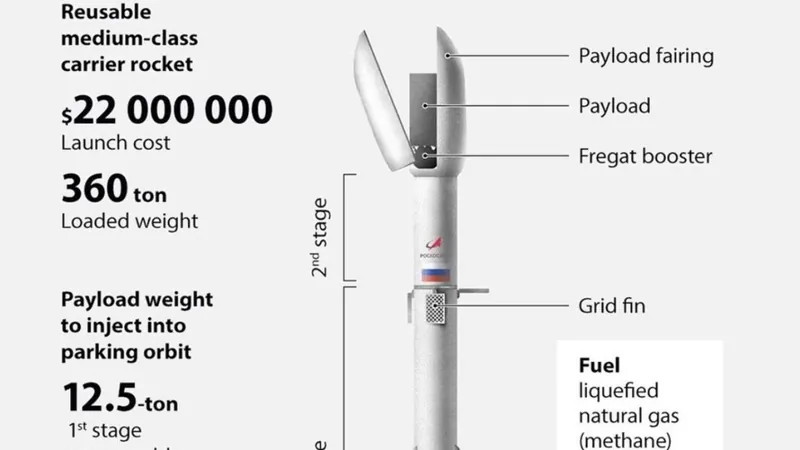
Singapore's Transport Minister Unveils Game-Changing Move: 20,000 New COEs to Tame Vehicle Ownership Costs!
2024-11-14
Author: Daniel
SINGAPORE: In a significant development for vehicle owners and potential buyers, Transport Minister Chee Hong Tat announced on Tuesday, November 12, that an additional 20,000 Certificates of Entitlement (COEs) will be issued starting in February. This initiative is part of a broader strategy to regulate vehicle ownership in Singapore, a city notorious for its high vehicle costs, with COE prices often soaring to around S$100,000 for Category A vehicles.
The announcement, made by the Land Transport Authority on October 29, is aimed at injecting more COEs across all vehicle categories over the next few years. A COE, which is mandatory for owning and using a vehicle, is valid for a decade, making this measure all the more crucial as Singapore approaches a projected peak in COE demand by 2026.
Chee highlighted that this injection of COEs reflects the government's commitment to managing vehicle ownership effectively while ensuring flexibility in the face of rising demand. "The additional COEs will give us more flexibility to meet this commitment and further increase the COE supply in the next few quarters before we reach the peak supply," he stated.
Despite the influx of new COEs, Minister Chee acknowledged that the market dynamics are influenced by demand. He indicated that while a greater supply of COEs should help moderate premiums, the final outcome largely hinges on buyer interest. Currently, demand is particularly robust among individual Singapore buyers, with recent pricing reflecting the urgency in the market.
As of November 6, the COE prices for various categories were as follows: S$99,889 for lighter Category A vehicles, S$108,001 for heavier Category B vehicles, S$68,340 for goods vehicles and buses in Category C, and S$9,089 for motorcycles in Category D. The premium for the open Category E was set at a staggering S$109,000.
Despite these developments, Chee reiterated the government’s broader vision of fostering a car-lite society. This involves not just regulating vehicle ownership but also improving and expanding public transportation networks. "Public transport journeys will continue to be subsidized as we prioritize expanding bus and train networks," he declared.
He emphasized that while cars will still have a place in the transport ecosystem, effective traffic management and increased use of public transit, cycling, and walking remain essential components of Singapore's transportation strategy.
This significant move by the government is perceived as a double-edged sword: easing the financial burden for many while also steering the nation towards a future where reliance on public transport is encouraged. Will this initiative succeed in striking the right balance? Only time will tell!



 Brasil (PT)
Brasil (PT)
 Canada (EN)
Canada (EN)
 Chile (ES)
Chile (ES)
 España (ES)
España (ES)
 France (FR)
France (FR)
 Hong Kong (EN)
Hong Kong (EN)
 Italia (IT)
Italia (IT)
 日本 (JA)
日本 (JA)
 Magyarország (HU)
Magyarország (HU)
 Norge (NO)
Norge (NO)
 Polska (PL)
Polska (PL)
 Schweiz (DE)
Schweiz (DE)
 Singapore (EN)
Singapore (EN)
 Sverige (SV)
Sverige (SV)
 Suomi (FI)
Suomi (FI)
 Türkiye (TR)
Türkiye (TR)